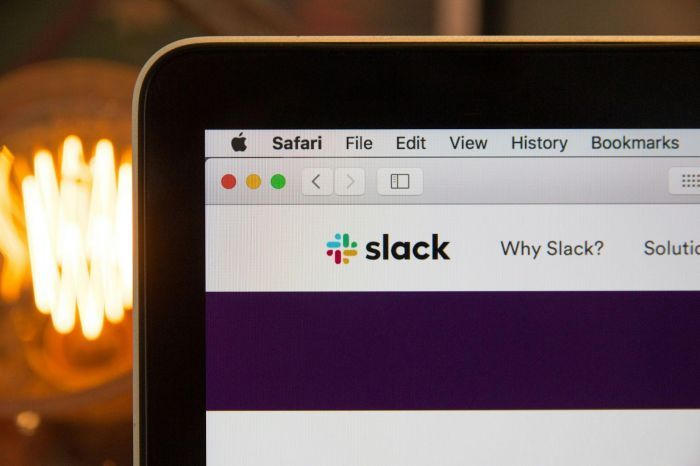

In today’s digital economy, launching a startup has never been easier. But scaling it globally? That’s an entirely different game. Startups are increasingly born global, launching with the ambition (and often necessity) to reach international audiences early. Whether you’re shipping physical products, delivering SaaS solutions, or running a platform-based business, the leap to global operations requires more than vision—it requires infrastructure.
To get a full view of what it takes, this startup success guide breaks down the fundamentals every founder should know before going global.
From the start, founders must think about logistics, payments, customer support, compliance, and communication across borders, time zones, and languages. And while the ambition might be big, the team size often isn’t. That’s where smart tools come in.
From accurate address validation systems like GeoPostcodes to cloud-based CRMs and global payment gateways, technology is the great equalizer for startups with global ambitions. In this article, we’ll explore the essential tools that empower startups to scale faster, smarter, and with less risk, starting on day one.

Gone are the days when startups would establish themselves domestically before even considering international markets. Today’s digital-first world allows (and often demands) early-stage companies to:
But scaling globally isn’t just a mindset—it’s a system. Startups need to build with flexibility, localization, and automation in mind from the very beginning.
Every global startup eventually encounters a common pain point—invalid or inconsistent location data. Whether it’s shipping products to the wrong address, calculating incorrect tax zones, or failing to localize the user experience, poor geographic data costs time and credibility.
That’s why solutions like GeoPostcodes are indispensable from the start. This platform provides developers and logistics teams with:
By integrating reliable geographic data early, startups can support location intelligence, route optimization, address validation, and dynamic localization—all from a single trusted source.

Global teams need global collaboration tools. In distributed environments, tools like Slack, Notion, and ClickUp serve as the communication and organizational backbone.
These tools replace the physical office, enabling high-performing teams across multiple time zones to stay aligned and efficient.
When you’re working with international vendors, customers, or contractors, managing invoices, taxes, and expenses gets tricky. Cloud accounting software like QuickBooks Online and Xero help startups manage:
They also integrate with other global tools like Stripe, PayPal, and bank feeds—saving founders time and ensuring accurate financial tracking. To further streamline expense management, many startups also rely on business credit cards with no annual fees. These cards often integrate with accounting platforms like QuickBooks and Xero, making it easier to categorize expenses, track spending, and reconcile transactions automatically. Some also include built-in analytics tools that provide detailed reports on financial activity, helping businesses monitor budgets and control costs, while earning cashback on everyday purchases, all without the added burden of annual fee
Taking payments and paying out across borders is one of the fastest ways to alienate global customers—unless it’s done right.
Using these tools early eliminates currency conversion issues, improves cash flow visibility, and keeps financial operations clean as you scale.
As your product gains traction, your infrastructure must scale too. Cloud platforms like AWS , Microsoft Azure , and Google Cloud offer:
Choosing the right cloud foundation early ensures that your app can support surges in demand and meet privacy expectations in every region.
A global audience speaks many languages—and expects your app or website to reflect that. Localization platforms like Lokalise and Phrase allow you to:
Investing in localization early makes your product more accessible and culturally relevant, improving engagement and conversion rates.
Understanding how users behave across regions is key to international success. Behavioral analytics tools like Mixpanel, Amplitude, and GA4 help you:
Startups that track data from day one are better equipped to pivot, personalize, and grow intelligently.
As your user base expands globally, support must scale too. Tools like Zendesk, Intercom, and Help Scout offer:
Good customer support isn’t optional—it’s a growth multiplier. Choose tools that scale, automate, and integrate with your CRM.
If you're collecting data from international users, you need to comply with laws like GDPR, CCPA, and others. Services like Termly and Vanta help startups:
According to the U.S. Federal Trade Commission, early-stage data compliance is essential—not just for ethics, but for avoiding fines and building user trust.
Building a global team used to mean opening legal entities and managing complex tax issues. Not anymore. Employer of Record (EOR) platforms like Deel, Remote, and Oyster make it easy to:
Startups can now scale talent across borders without the traditional HR headaches.
Going global also means being discoverable. SEO and marketing platforms like Ahrefs , Semrush , and HubSpot offer:
Organic visibility matters, and search-driven discovery remains one of the highest ROI acquisition methods.
Investing in SEO and inbound marketing ensures global customers can find you. For inspiration, many creators also explore AI-powered tools for content marketing such as Playground AI and AI image-to-video generators to streamline campaigns.
Integrating AI-powered content tools, such as Toolify AI, further enhances marketing efficiency and campaign reach.
Security risks grow with scale. Whether it’s traffic surges, DDoS attacks, or data leaks, early-stage startups need proactive defense systems.
Security isn’t an afterthought—it’s a foundation for trust and uptime in global operations.

Scaling smart isn’t about brute force—it’s about making intelligent choices early.
When you design your business around scalable, automation-ready, and globally capable tools, you avoid the bottlenecks that trip up so many startups during growth. From address validation through GeoPostcodes to compliant hiring platforms and localization APIs, the technology you choose today determines the agility you’ll enjoy tomorrow.
Scaling globally isn’t about brute force—it’s about intelligent planning and early adoption of the right tools. From address validation with GeoPostcodes, cloud accounting with QuickBooks, localization via Phrase, to marketing and analytics platforms like Sketchfab, a startup’s tech stack determines its agility and reach.
Understanding pain points, as emphasized in Forbes: Understanding Pain Points, and leveraging collaboration and automation tools allows startups to operate efficiently from day one.
For any founder aiming to go global, the lesson is clear: invest in scalable, compliance-ready, and data-driven technology today to capture international markets tomorrow.
Be the first to post comment!